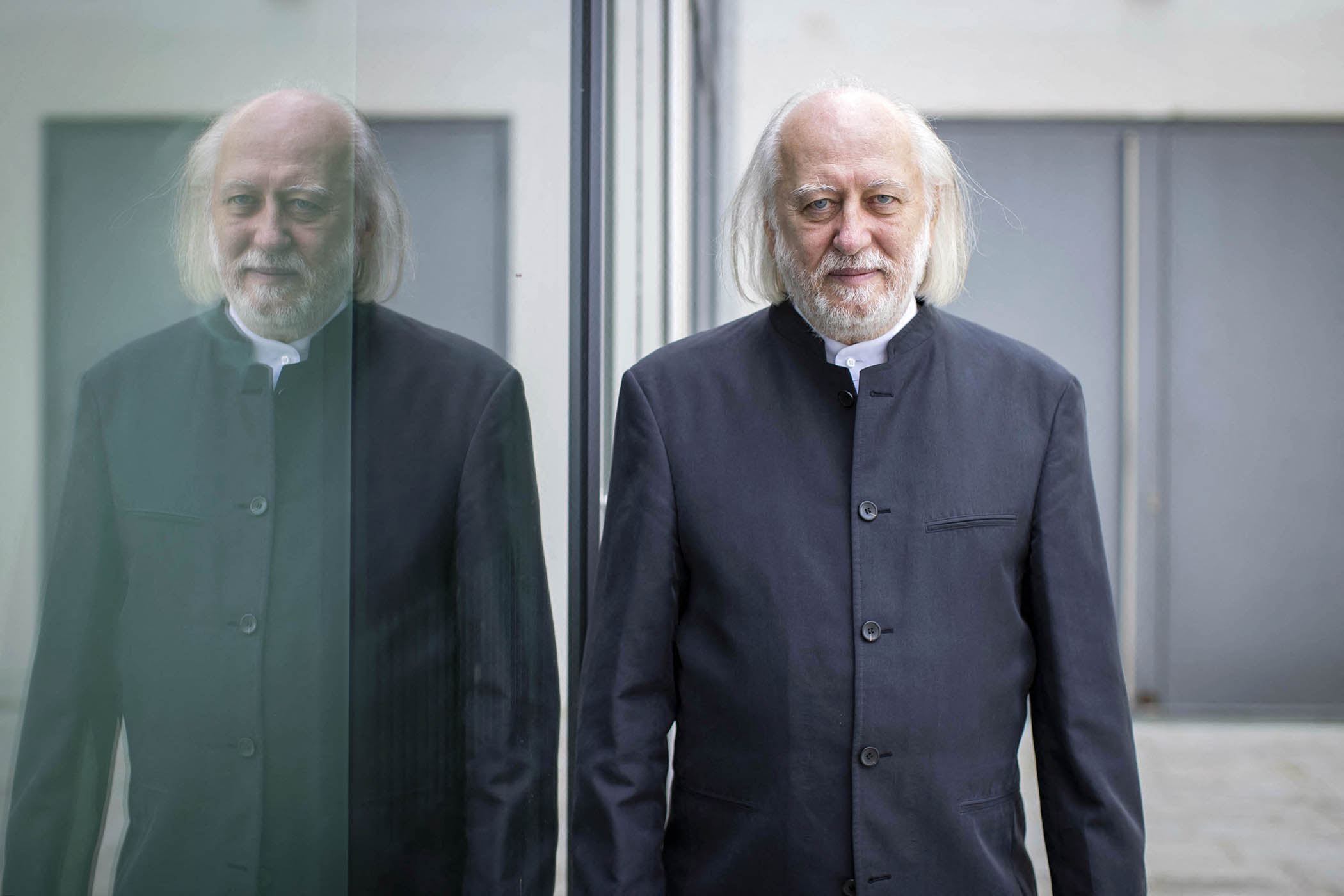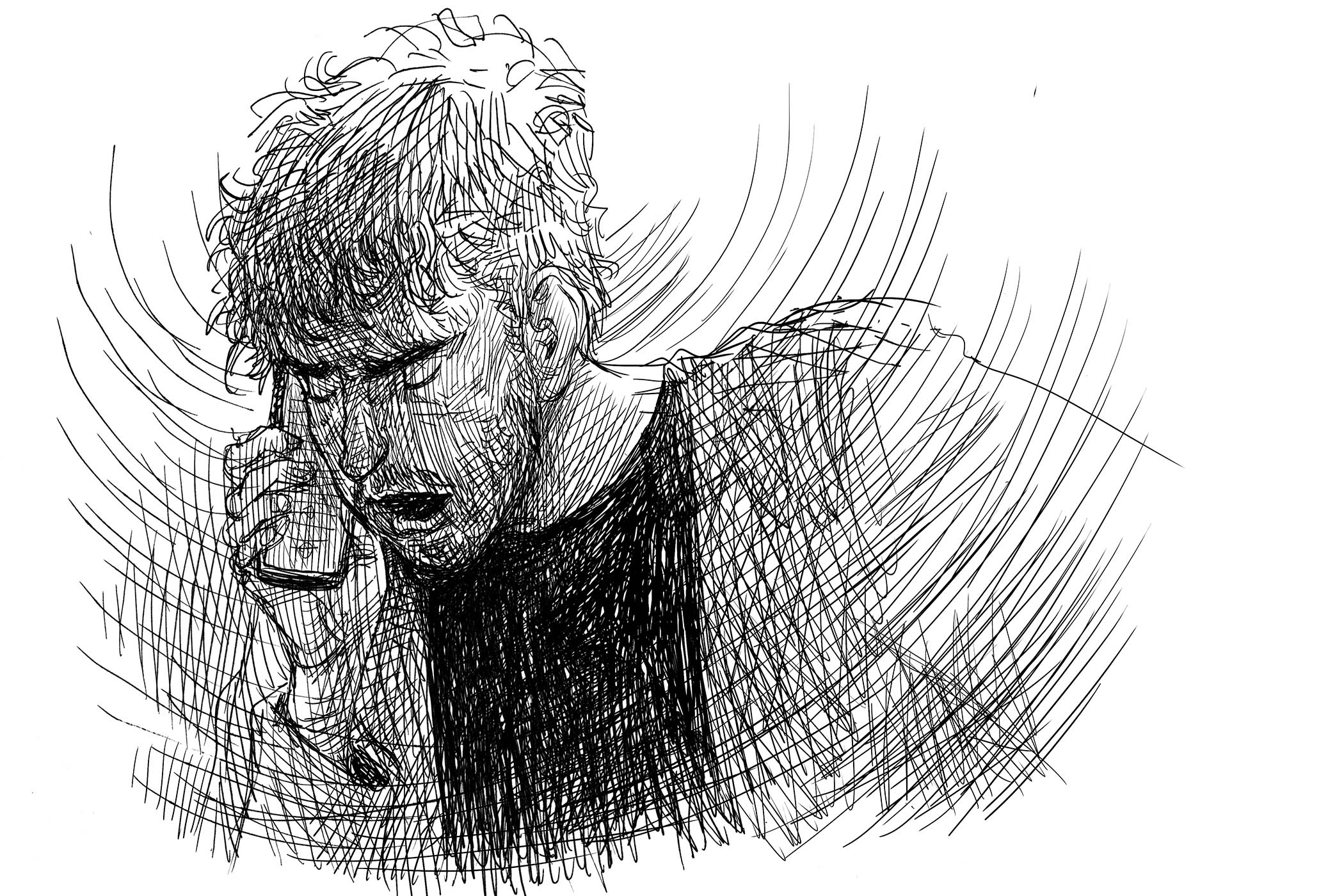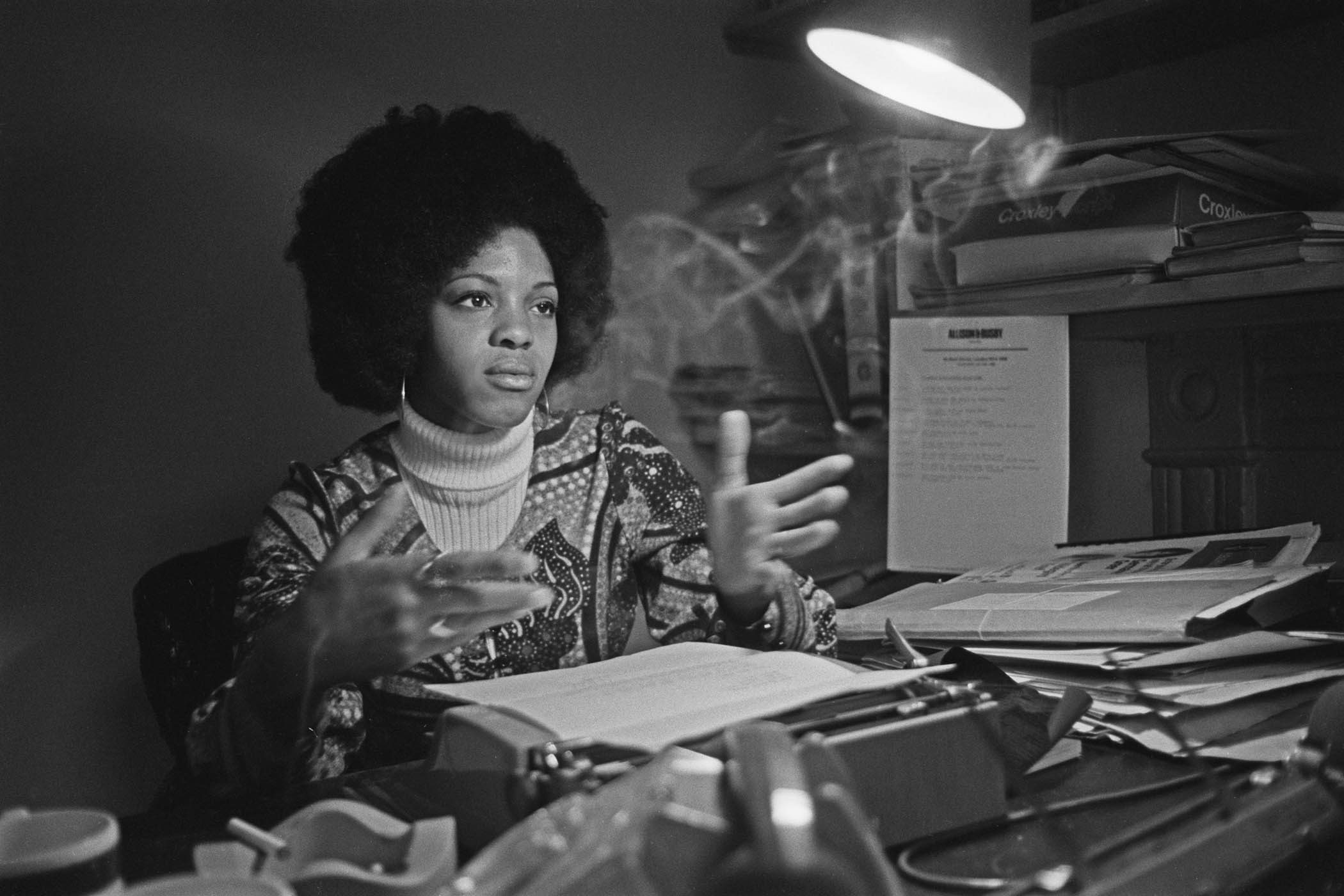Related articles:
In winning the Nobel prize in literature, László Krasznahorkai has firmly put contemporary Hungarian literature on the map. His first novel, Sátántangó, was published in Hungary exactly 40 years ago (and not translated into English until 2012 by George Szirtes). The 71-year-old has been compared to Kafka, Beckett and Melville for his long, serpentine paragraphs and mournful, dystopian themes, yet his books could have come from nowhere but the land of his birth.
Sátántangó was followed by The Melancholy of Resistance in 1989, and those early novels bear the imprint of late-stage communism in eastern Europe. Sátántangó’s structure takes the form of the tango – six steps forward and six back. The main character is a conman posing as a saviour-like figure, who appears in an impoverished Hungarian village and over time hoodwinks its inhabitants into parting with their money. On its belated translation into English, the New York Times described it thus: “For a writer whose characters often exhibit a claustrophobic interiority, Krasznahorkai also shows himself to be unexpectedly expansive and funny.” Sátántangó was turned into an acclaimed, seven-hour arthouse film in 1994 by Béla Tarr, Krasznahorkai’s frequent collaborator. Tarr also adapted The Melancholy of Resistance as Werckmeister Harmonies (2000), in which a boy and his uncle in communist Hungary are menaced by a visiting circus: a political allegory with an apocalyptic end.
In an interview with the novelist Hari Kunzru in February, Krasznahorkai commented that “art is humanity’s extraordinary response to the sense of lostness that is our fate”. For Krasznahorkai, Hungary is perhaps part of that “lostness”; in the same interview, he spoke of Viktor Orbán’s far-right regime as “a psychiatric case” for the country’s neutrality on the war in Ukraine. (After Krasznahorkai’s Nobel win, Orbán posted his congratulations on social media, calling him a “pride of Hungary”.)
Born into a middle-class family in 1954 in Gyula, a small town almost 150 miles south-east from Budapest, Krasznahorkai was not aware until the age of 11 that his lawyer father was Jewish. In 2018, he said: “In the socialist era, it was forbidden to mention it. Well, I am half Jewish, but if things carry on in Hungary as they seem likely to do, I’ll soon be entirely Jewish.” He studied law at university from 1973, then languages and literature, and his graduate thesis was on the writer Sándor Márai, an anti-fascist and anti-communist who went into exile from Hungary in 1948. Like other major Hungarian writers of the early 20th century – such as Magda Szabó; Antal Szerb, who was murdered in a concentration camp in 1945; and the 2002 Nobel winner Imre Kertész – Márai only started being published in translation from the mid-90s.
Sátántangó instantly made Krasznahorkai’s name in his home country. In 1987, he took his first trip to the west on a fellowship to West Berlin. For many years, as if to make up for lost time, he travelled widely: a journey to Mongolia and China in 1990 inspired his novel, Destruction and Sorrow Beneath the Heavens, in which his Hungarian narrator visits China to uncover the link between its ancient culture and contemporary society. The translator of that book into English in 2016 was Ottilie Mulzet, who told me it was “wonderful” working with Krasznahorkai: “We often speak with each other in the course of a translation. Before I began Baron Wenckheim's Homecoming [published in translation in 2019], he called me up so I could listen to him reading part of the text, the rhythm of the sentences.”
After living and teaching for several years in Berlin, Krasznahorkai returned to Hungary, where he lives in a small village. His reputation has only grown in stature – among many accolades are winner of the Best Translated Book award for Sátántangó and for Seiobo There Below in 2013 and 2014 respectively; the 2015 Man Booker International prize for his body of work, and the National Book award for translated literature for Baron Wenckheim's Homecoming (translated, like Seiobo, by Mulzet).
In his more recent works Krasznahorkai has dealt with Bach and German neo-Nazism and, in a short story, the horrors of the Russian invasion of Ukraine. The Nobel prize brings with it enormous responsibility and attention. The committee today praised his “compelling and visionary oeuvre that, in the midst of apocalyptic terror, reaffirms the power of art”.
Krasznahorkai’s restless, Sebaldian spirit forges on. And his political anger remains undimmed. “While a fundamentally 20th-century war is raging,” he said earlier this year, “someone is talking about how we’ll soon be going to Mars. I hope Putin and his sympathisers will be the first passengers.”
Related articles:
Catherine Taylor is an author and critic, and the former deputy director of English PEN. Her memoir, The Stirrings, was published in 2023
Browse all books by László Krasznahorkai at The Observer Shop. Delivery charges may apply
Newsletters
Choose the newsletters you want to receive
View more
For information about how The Observer protects your data, read our Privacy Policy
Photograph by APA/AFP/Getty Images


